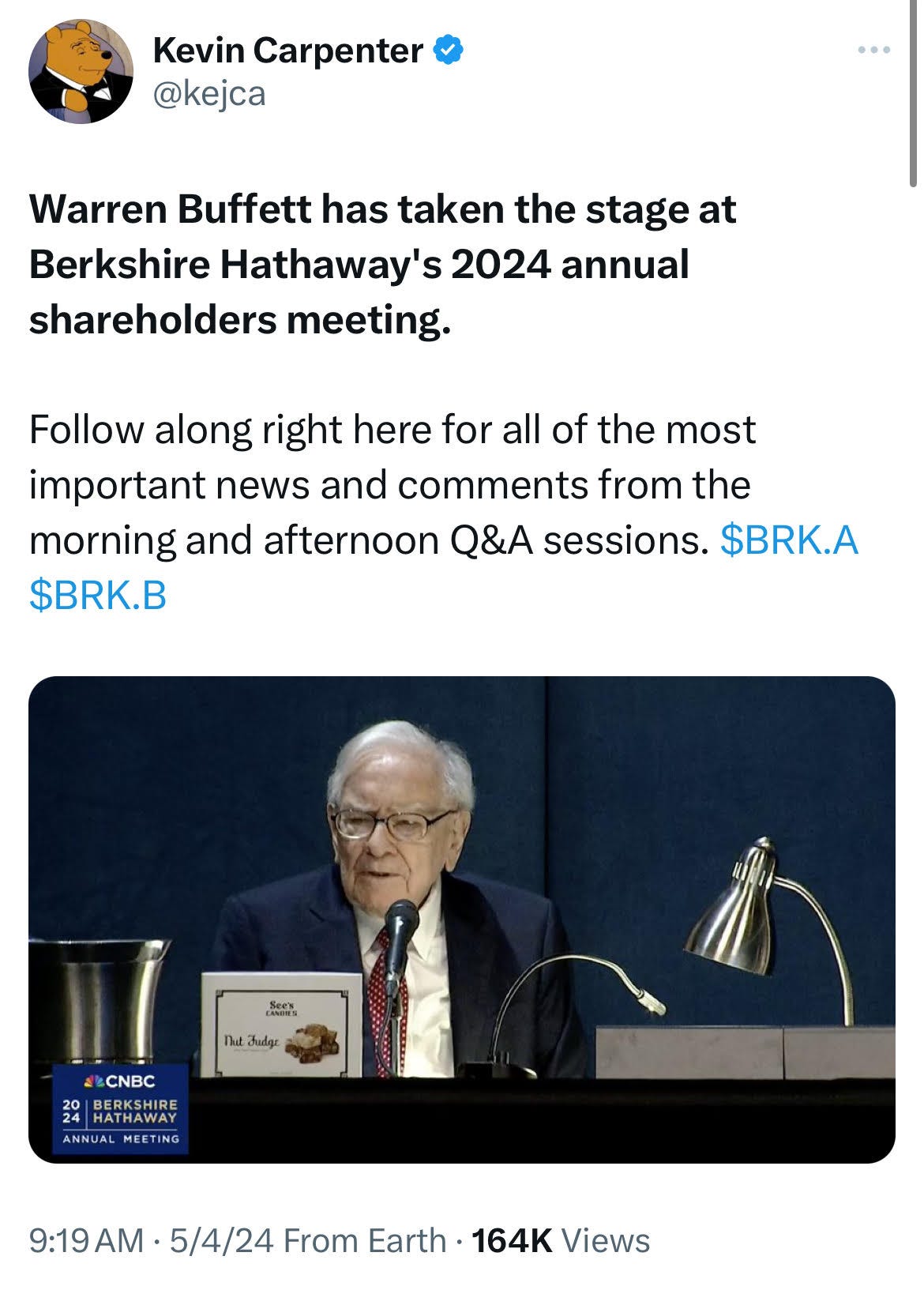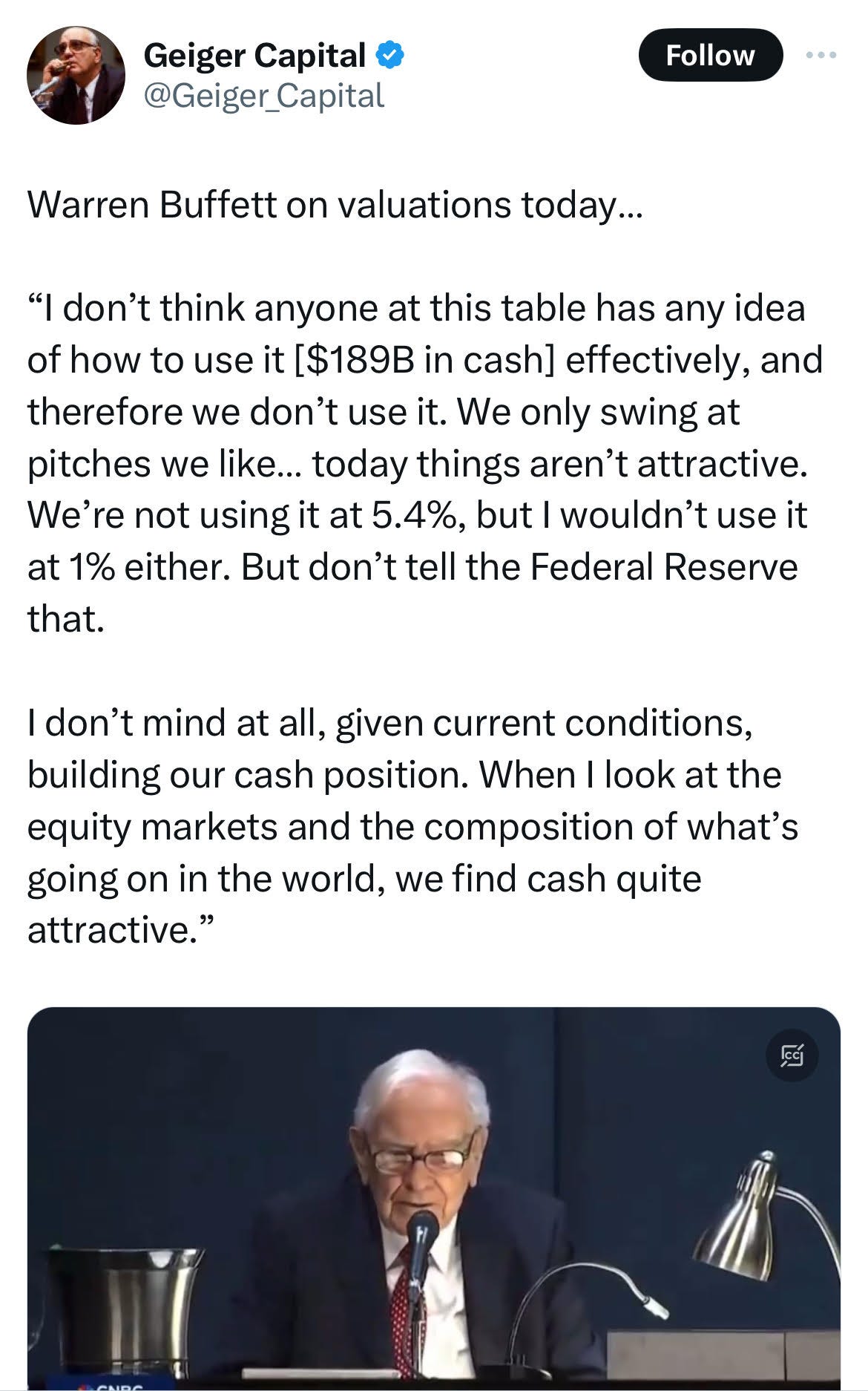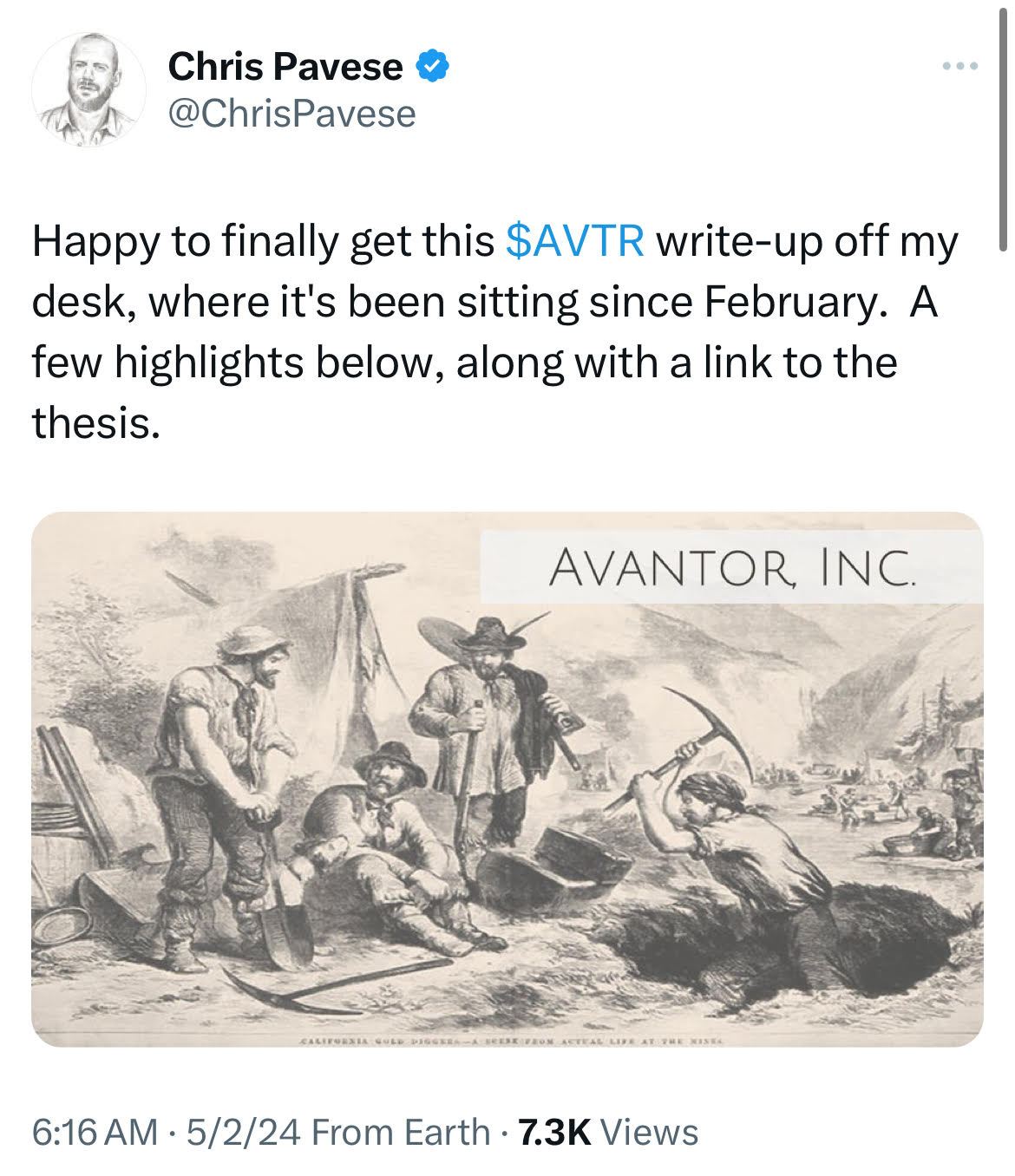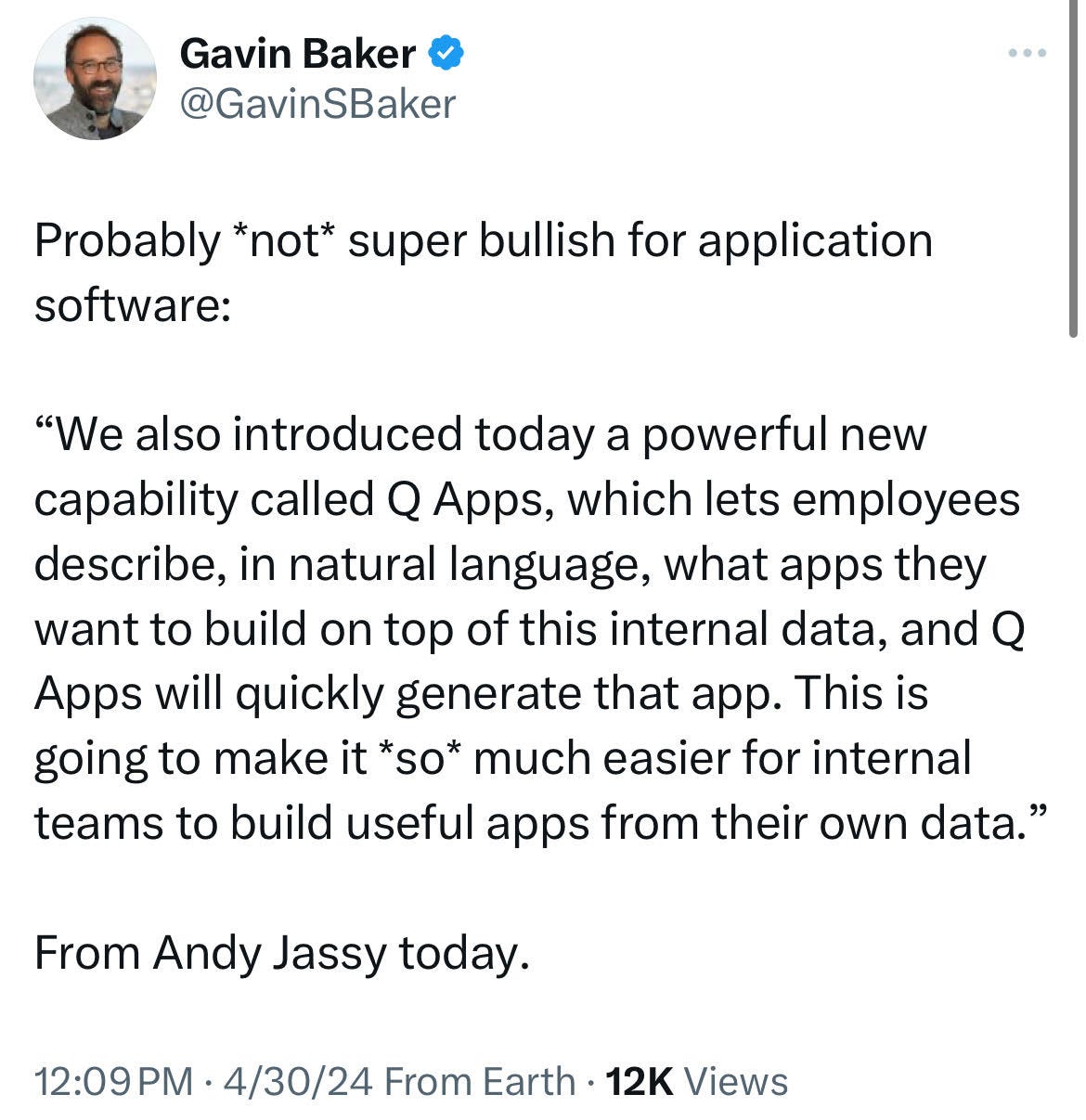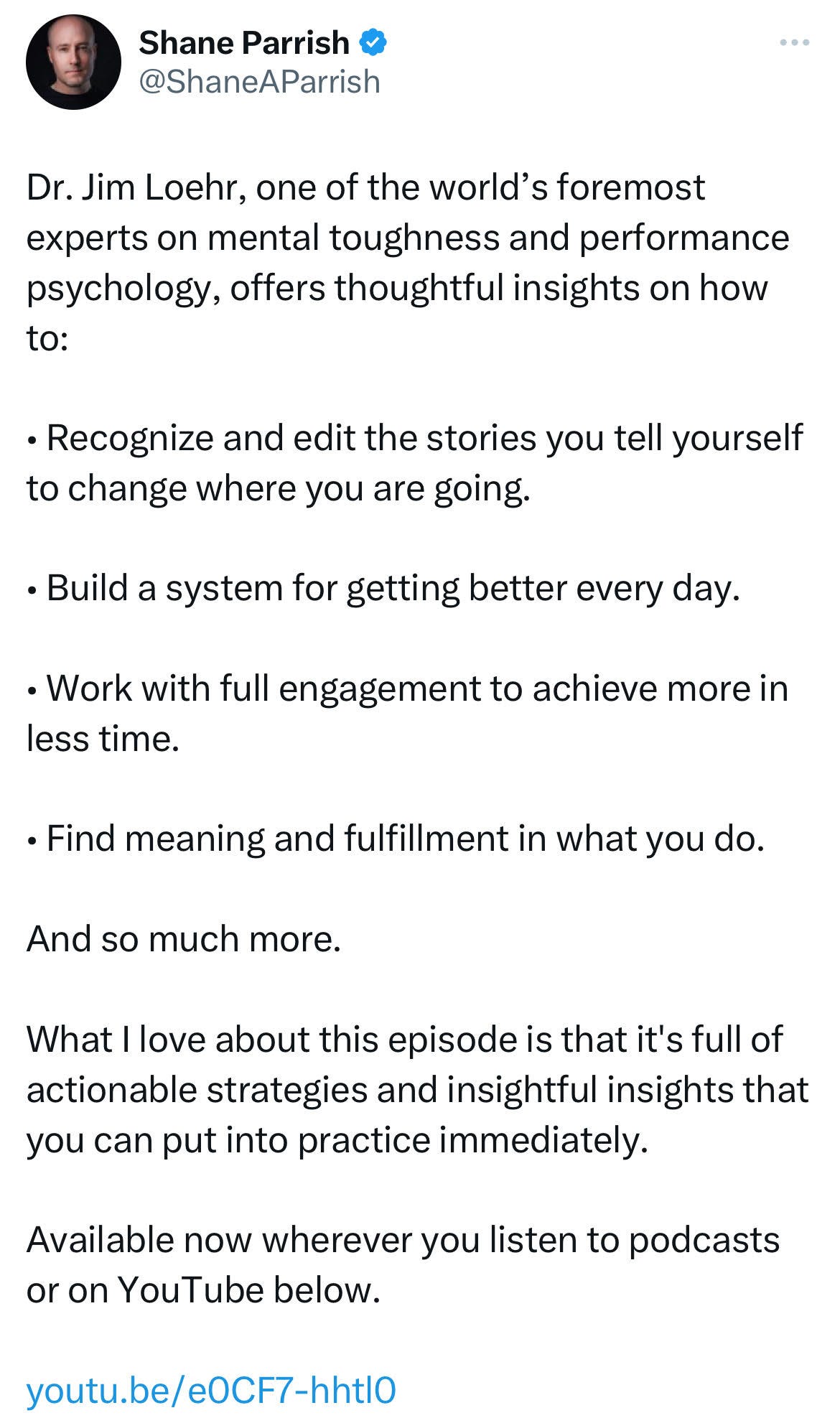Stories We Tell
“If you believe the story everyone else believes, you’ll do what they do. Usually you’ll buy at high prices and sell at lows. You’ll fall for tales of the ‘silver bullet’ capable of delivering high returns without risk. You’ll buy what’s been doing well and sell what’s been doing poorly. And you’ll suffer losses in crashes and miss out when things recover from bottoms. In other words, you’ll be a conformist, not a maverick; a follower, not a contrarian.” —Howard Marks
After some volatility during the week, which saw the end of a negative month in April, market indices had a strong finish on Friday. The S&P 500 rose 0.55% for the week, and the Nasdaq was up 1.26%.
The stock market is a place of numbers and stories. Some people focus almost exclusively on the numbers. Some people want a good story and don’t give numbers or valuations much more than a passing glance. And some will only invest when the right numbers align with the right story.
Things are easier to remember if they are packaged in a good story. In investing, this can be both good and bad. It’s good because it can help you remember your investment thesis to test and examine as it evolves. But it can be bad because stories appeal to your emotions, which often get in the way of good decision-making.
Aswath Damodaran touches on this topic in his book Narrative and Numbers:
For centuries, knowledge was passed on from generation to generation through stories, told and retold, perhaps gathering new twists, as they tend to do, with each retelling. There is a reason that stories have such a hold over us. Stories not only help us connect with others but, as research indicates, they are far more likely to be remembered than numbers, perhaps because they trigger chemical reactions and electrical impulses that numbers do not.
Much as we love stories, though, most of us are also aware of their weaknesses. For the storytellers, it is easy to wander into fantasyland, where the line between good stories and fairy tales gets crossed. That may not be a problem if you are a novelist, but it can be a recipe for disaster if you are building a business. For those listening to stories, the danger is a different one. Since stories tend to appeal to the emotions rather than to reason, they also play on our irrationalities, leading us to do things that do not make sense but feel good, at least when we do them. In fact, as con men through the ages have discovered, nothing sells better than a good story.
People also crave a story for every move in the stock market, and the media and those that appear in the media are more than happy to tell a story to feed that craving, whether or not that story is true. It makes people think there is more structure than there is to daily, weekly, or monthly market movements, and maybe that helps them keep moving forward. As Jim Loehr wrote in his book The Power of Story:
Telling ourselves stories helps us navigate our way through life because they provide structure and direction…. Stories impose meaning on the chaos; they organize and give context to our sensory experiences, which otherwise might seem like no more than a fairly colorless sequence of facts. Facts are meaningless until you create a story around them.
And more than just stories about the stock market, the stories we tell ourselves, about ourselves, have the power to influence how we act and cope with life’s inevitable ups and downs. As Loehr continues:
Our stories may or may not conform to the real world. They may or may not inspire us to take hope-filled action to better our lives. They may or may not take us where we ultimately want to go. But since our destiny follows our stories, it’s imperative that we do everything in our power to get our stories right.
For most of us, that means some serious editing.
To edit a dysfunctional story, you must first identify it. To do that, you must answer the question: In which important areas of my life is it clear that I cannot achieve my goals with the story I’ve got? Only after confronting and satisfactorily answering this question can you expect to build new reality-based stories that will take you where you want to go.
What are the stories in your life? What are the stories behind the investments in your portfolio? Do any of them need editing before it’s too late?
Tweets of the Week
In Case You Missed it…
2024 Berkshire Hathaway Annual Shareholders Meeting
Value Investing with Legends Podcast: Todd Combs - Charlie Munger’s Legacy
Greenlight Capital’s Q1 Letter
A Few Short Stories - by Morgan Housel
This is The Accomplishment That Matters Most - by Ryan Holiday
Art of Investing Podcast: Mitch Rales: The Art of Compounding
If you have not already upgraded your membership…
Avenel Financial Group, a merchant banking and advisory firm located in Charlotte, NC, launched a business venture called the Co/Investor Club. The Co/Investor Club is a community of value-oriented investors that collaborate on investment opportunities and ideas. You are receiving this newsletter because you are a Free or Premium Member of the Co/Investor Club!
Chat with Mike
Whether you’re an executive with investment opportunities or a college student looking to network, we would love to chat with you! Email our Founder, Mike Pruitt, at mp@coinvestorclub.com with questions and ideas or schedule a meeting.
Don’t forget to follow us on social media too!
Twitter: @coinvestorclub1
LinkedIn: Co/Investor Club
For our disclaimer, please visit our website.
Have friends that want to join? The Co/Report is public, so feel free to share!
Thank you for reading. Co/Report grows through word of mouth. Please consider sharing this post with someone who might appreciate it.




